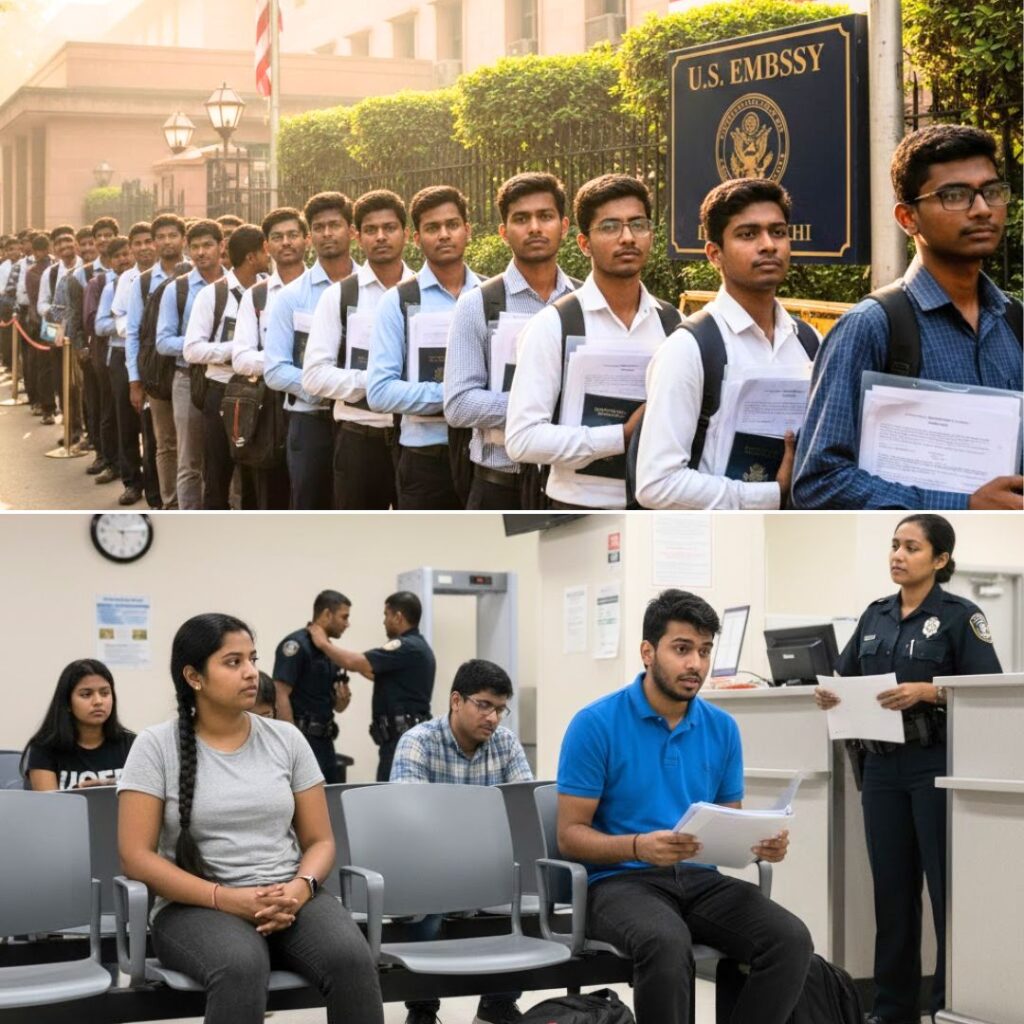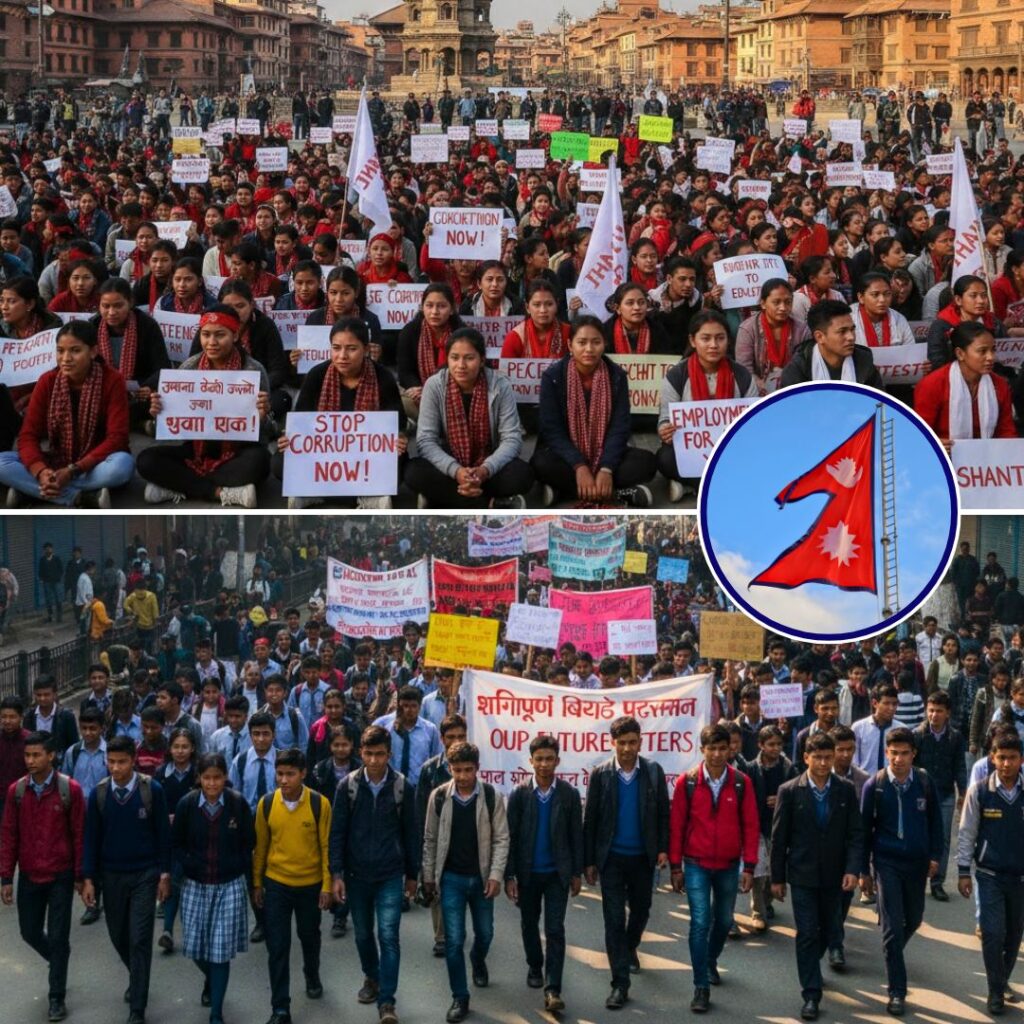A recent 2025 survey by 1 Finance Magazine reveals that 42% of men in India take loans to cope with the financial burdens of divorce, including legal fees, alimony, and child support. The study highlights that divorce is not just an emotional upheaval but a significant economic challenge, especially for men who often face prolonged legal battles and heavy payments.
Experts and officials note the rise in urban divorce rates linked to evolving social norms, financial independence, and changing gender roles. The need for better financial counselling, legal reforms, and social support is pressing as divorce reshapes Indian families and finances.
Financial Impact Deepens Emotional Wounds
The survey paints a stark picture: nearly half of Indian men who divorced underestimated the financial toll and resorted to personal loans or borrowings to meet legal and post-divorce expenses. Divorce costs span court fees, lawyer expenses, alimony, and child maintenance. One participant shared how his legal battle lasted seven years and cost nearly ₹8-9 lakhs, mentally and financially draining him.
A spokesperson from 1 Finance Magazine remarked, “Divorce is often viewed as taboo in India, leaving many unprepared for its financial reality.” Financial advisors urge premarital financial planning and accessible post-divorce debt management services to better equip spouses through this strenuous phase. Recent Supreme Court rulings raising alimony amounts add to the financial pressure, especially in contested cases.
The Rising Tide of Urban Divorces
India’s overall divorce rate remains relatively low at around 1%, but urban areas have seen a 30-40% rise in recent years. Cities like Bengaluru, Delhi, and Mumbai report increased divorce petitions, reflecting shifting social attitudes, women’s growing financial independence, and changing gender roles. Women now initiate a majority of divorces, empowered by education and career opportunities. Meanwhile, men increasingly face stigma, emotional distress, and financial liabilities.
Experts note emotional disconnect, infidelity, and conflicting expectations as major causes. The rise in divorces also coincides with delayed marriages and evolving priorities towards individual well-being over societal pressure. However, legal battles remain long and costly, with courts still slow to provide swift resolutions.
Legal Complexities and Financial Challenges
India’s divorce laws vary by religion, primarily governed under the Hindu Marriage Act, Indian Divorce Act, and others. Legal provisions ensure alimony and maintenance for financially weaker spouses, which can be ordered as lump sums or periodic payments. Courts assess income, living expenses, and financial needs of both parties. Child support is similarly mandated to cover education and healthcare costs where applicable.
Despite legal frameworks, divorce remains a complex, drawn-out process with significant financial strain. Many men report the legal system adds to their burden, with multiple lawyer changes and extended court sessions causing both economic and mental exhaustion. Financial literacy and clear agreements prior to and during divorce can safeguard post-divorce stability but remain underutilised.
The Logical Indian’s Perspective
Divorce is an intensely personal and painful process that should not simultaneously impose financial ruin. The finding that 42% of men must take loans to navigate their divorces indicates a glaring gap in our social and financial support systems. The Logical Indian advocates for increased access to financial education, early counselling, and compassionate legal reforms that lessen both emotional and economic distress.
Supporting men and women through divorce with dignity and empathy can transform painful endings into healthier new beginnings.











